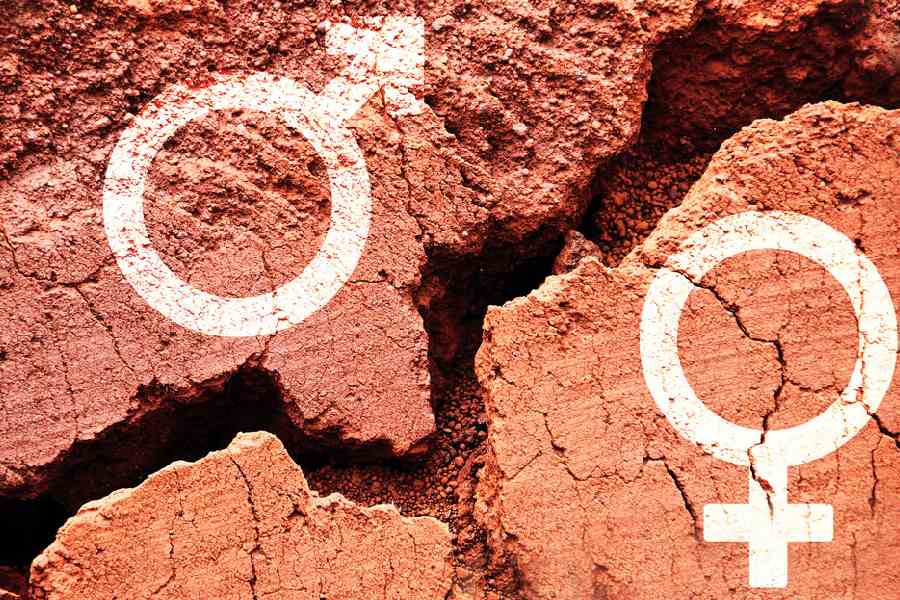For generations, women have prayed to Shiva for a good husband. They still do. Has the deity, or a society awaking from misogyny, intervened to right the balance? Now men are praying for wives too. In Karnataka, a contingent of men over 30 marched 120 kilometres to pray at a temple for a bride. They were mainly farmers; falling agricultural incomes from higher prices of inputs, small land-holdings and climate change made them undesirable as grooms. But the primary reason for the scarcity of brides was the skewed sex ratio. The district from which most of them came was famous for female foeticide, even after it was declared illegal. Boys greatly outnumber girls there still. Besides, women are exercising their choice, preferring lives in urban surroundings where incomes are stable and they do not have to fulfil the patriarchally-determined role of an obedient wife devotedly cooking for a large family and cleaning out cattle sheds.
This might seem as though misogyny — killing off girls before or immediately after they are born, neglecting them as they grow and treating them with unrelenting cruelty when they are grown — is being punished. The organisers of the march felt the need to induce these bachelors out of their trauma, presumably of being rejected or of finding no brides. Had society been a little more sensitive to women’s traumas, though, this situation may not have occurred, or not been so dire. Each region has its own solution. Farmers of Marathwada in Maharashtra, another region with a poor sex ratio, are facing a similar problem. There the solution is being sought in child marriage in some cases. Is Indian society stubbornly idiotic, or just inherently cruel to women? In 2021, nearly 40,000 young Brahmin men in Tamil Nadu found themselves without brides. A Brahmin organisation began an unprecedented search for brides in Uttar Pradesh and Bihar.
A blind preference for sons makes balance elusive. What Tamil Nadu did legally, Haryana does illegally. With its acutely skewed sex ratio, Haryana buys women from poverty-stricken parents in other states as ‘brides’. Few are legally wed, and most are treated like slaves. Nothing has been learnt, no balance gained. Instead, it is a narrative of violence breeding violence — from female foeticide to forced marriages and more oppression. Violence has a different face too. In Bihar, men are sometimes kidnapped and forced to marry at gunpoint. The main reason here is another social evil: dowry. Fathers who cannot pay the price for a good match for their daughters are the culprits, but the system has now been mostly hijacked by criminal groups. Recently, a newly-appointed teacher was forced into marriage at gunpoint in spite of the relief afforded by a Patna family court to a similarly placed engineer. Illegality is never a problem in India. As long as attitudes remain unchanged, more men will have to beg deities for a bride. Or buy them instead.











